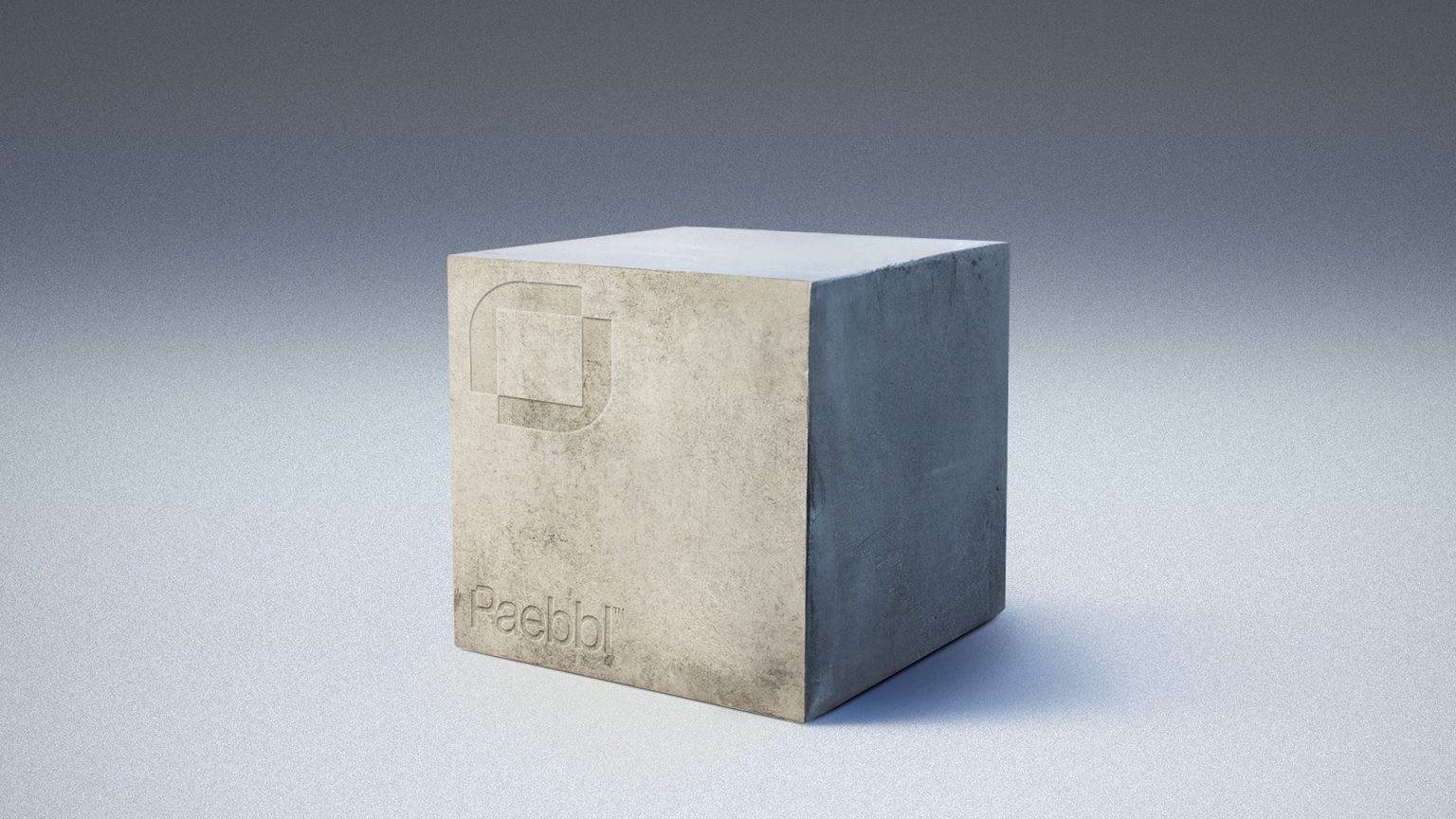In a groundbreaking move for the carbon capture industry, Dutch-Nordic startup Paebbl has successfully raised $25 million in funding to advance its mission of transforming carbon dioxide (CO2) into valuable building materials. This innovative approach seeks to address the dual challenges of climate change and resource sustainability by turning the construction sector—one of the largest consumers of mined materials—into a permanent carbon sink.
Funding and Partnerships
The funding round was led by Berlin-based venture capital firm Capnamic, with significant participation from notable investors including Amazon, and major players in the German cement industry such as Holcim and Goldbeck. This influx of capital will enable Paebbl to expand its operations in key locations, specifically in Helsinki, Stockholm, and Rotterdam, where its pilot plant is situated.
Rotterdam, one of Europe’s largest ports, provides a strategic advantage as it is close to several of the world’s biggest carbon emitters, including Shell, BP, and ExxonMobil. This proximity allows Paebbl to tap into significant sources of industrial CO2 for its innovative carbon capture processes.
Leadership and Vision
Co-founded in 2021 by a diverse team including Marta Sjögren, Jane Walerud, Andreas Saari, and Dutch scientist Pol Knops, Paebbl aims to redefine how the construction industry views carbon emissions. Sjögren, who previously worked at Northzone, expressed her confidence in the potential of carbon capture, utilization, and storage (CCUS) technologies: “CCUS will be a core lever for decarbonisation,” she noted, highlighting the growing recognition among governments and heavy industries of the need for sustainable practices.
Technology Overview
Paebbl’s technology harnesses the natural process of carbon mineralization—where certain minerals react with atmospheric CO2 to form stable carbonates—by artificially accelerating it. While this natural process typically takes hundreds or thousands of years, Paebbl’s reactor allows for a much faster conversion of CO2.
At the heart of this technology is a system that combines captured industrial CO2 with crushed olivine rock. This mixture undergoes enhanced mineralization within the reactor, transforming CO2 into carbonates, specifically carbon trioxide (CO3). For every ton of CO2 captured, approximately three tons of a fine gray powder, scientifically known as silicon-rich magnesium carbonate, are produced.
This powder serves a critical role in the construction industry. Traditionally, cement production emits significant CO2, particularly when limestone is heated to produce lime. Paebbl’s magnesium carbonate can substitute for lime and other additives in various building materials, effectively turning buildings into carbon sinks.
Recent Milestones
In June 2024, Paebbl celebrated a significant achievement by capturing its first ton of CO2—a small but crucial milestone on its journey to larger-scale operations. With the new funding, the startup is poised to expand its production capacity dramatically, aiming to produce three tons of rock powder daily at its upcoming demonstration plant, set to open early next year. This facility will serve as a testing ground for industry partners like Holcim and Goldbeck, paving the way for broader adoption of Paebbl’s innovative materials.
The company plans to establish a commercial-scale production facility by 2027. Although the specific location has yet to be announced, Paebbl aims to set up its factories in regions that demonstrate high demand for building materials, access to CO2 and olivine rock supply, and renewable energy resources. The Nordic countries, Spain, and Portugal are being eyed for their favorable conditions.
Long-Term Goals and Market Impact
Paebbl has set an ambitious target to bring one million tons of its magnesium carbonate product to market by 2030. The company’s revenue model includes not only the sale of the rock powder itself but also the provision of carbon removal credits to businesses looking to offset their emissions. This dual revenue stream positions Paebbl to play a significant role in the burgeoning carbon credit market, which is increasingly becoming a crucial component of corporate sustainability strategies.
The Broader Context of Carbon Capture
Paebbl is part of a growing cohort of startups focused on carbon removal technologies. Unlike traditional carbon capture and storage (CCS) methods, which often involve capturing carbon at its source and sequestering it underground, CCUS emphasizes utilizing captured carbon as a resource for creating new products. This innovative shift in approach aligns with global efforts to mitigate climate change while fostering economic development in the green technology sector.
As governments and industries worldwide grapple with the pressing need to reduce greenhouse gas emissions, the potential for CCUS technologies like those developed by Paebbl has garnered increasing attention. The construction industry, in particular, stands to benefit from such advancements, as it seeks sustainable solutions to meet regulatory demands and societal expectations.
Conclusion
Paebbl’s recent $25 million funding round marks a pivotal moment for the startup and the broader carbon capture industry. By innovatively transforming CO2 into valuable building materials, Paebbl is not only addressing the urgent need for carbon removal but also promoting a more sustainable approach to construction. As the startup prepares to scale its operations and refine its technology, it has the potential to significantly influence both environmental and industrial practices in the years to come.
With an ambitious vision and a strong foundation, Paebbl is well-positioned to become a leader in the emerging market for carbon-neutral construction materials, contributing to a future where buildings can actively sequester carbon and help combat climate change. As the world strives for net-zero emissions, innovations like those from Paebbl will be crucial in shaping a sustainable and resilient built environment.
